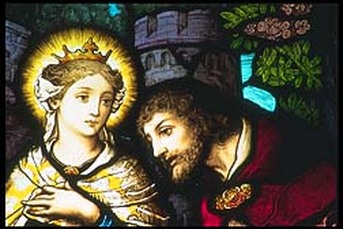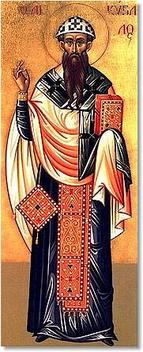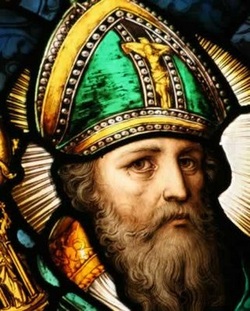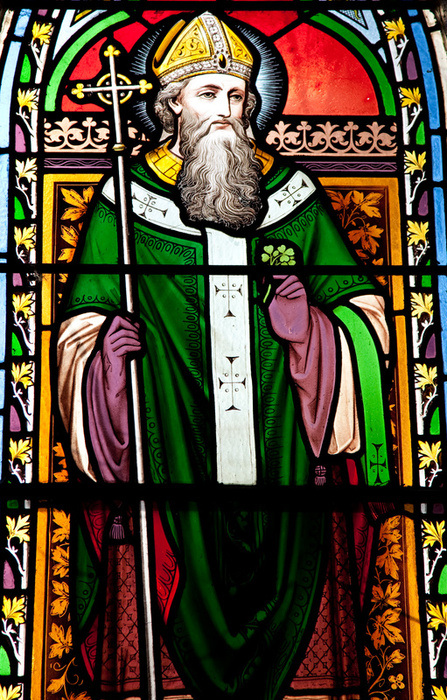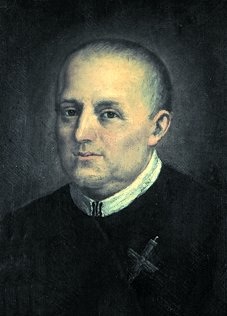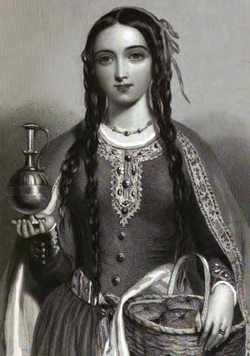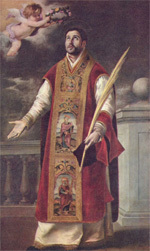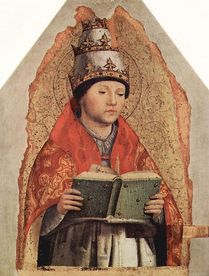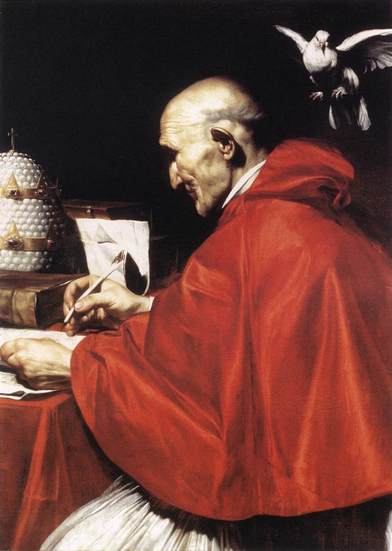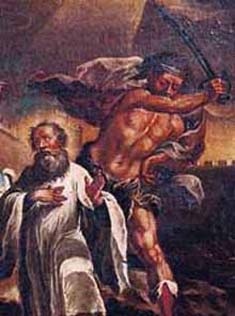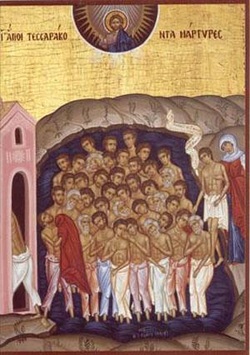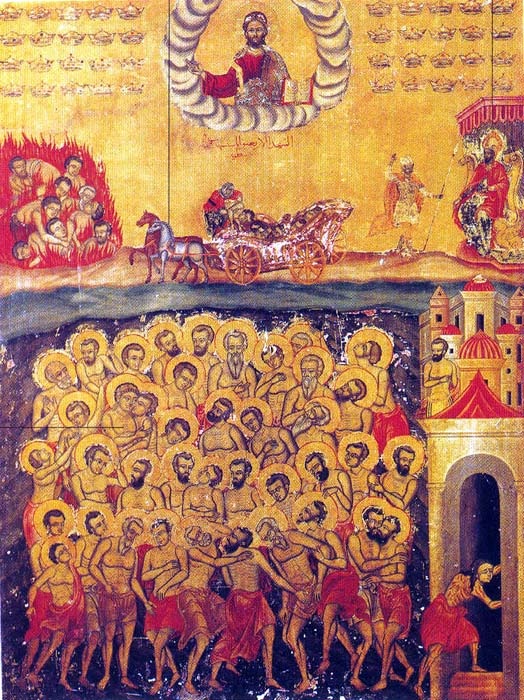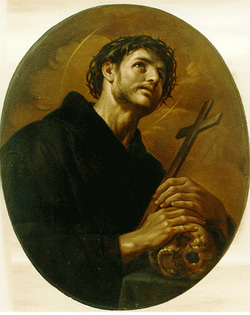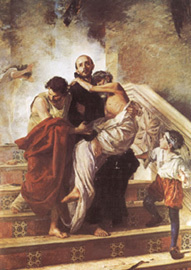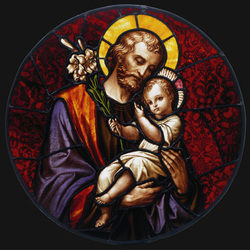
Who and what manner of man this blessed Joseph was, we may conjecture from that title which the providential ordering of God bestowed upon him. He was chosen to the honour of being called, and of being supposed to be, the father of God. What he was we may also conjecture from the very name Joseph, which is to be interpreted as Increase. Wherefore let us liken him to that great man after whom he was named, the Patriarch Joseph. This latter sojourned in Egypt, even as he did. From this latter he not only inherited a name, but an example of chastity which he more than equalled, so that he was like unto the Patriarch Joseph in grace and innocence.
If the Patriarch Joseph (sold by his brethren through envy, and forced into servitude in Egypt) was a type of Christ sold by his brethren and handed over to the Gentiles, the other Joseph (forced through the envy of Herod to flee into Egypt) did in actual fact bring Christ amongst the Egyptian Gentiles. The first Joseph (keeping faith with his lord) would not carnally know his lord's lady. The second Joseph (spiritually knowing the Lady who was the Mother of his Lord to be virgin) kept faithfully virgin toward her. To the first Joseph was given to know dark things in the interpretation of dreams. To the second Joseph was given in sleep to know the mysteries of the kingdom of heaven.
The first Joseph laid by bread, not for himself only, but for all the people. The second Joseph received into his keeping the Living Bread which came down from heaven, and he kept the same, not for himself only, but for all the world. Without doubt, good and faithful was this Joseph who espoused the Mother of the Saviour. Yea, I say unto you, he is that faithful and wise servant whom the Lord hath made ruler over his Household. For the Lord appointed him to be the comfort of his Mother, the keeper of his own body, and, in a word, the chief and most trusty helper on earth in carrying out the eternal counsels.
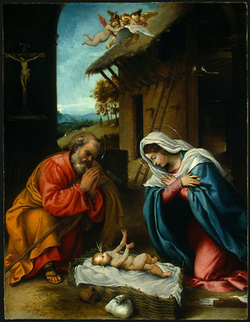
Sermon by St. Jerome the Priest
Why was the Lord conceived of a virgin already espoused, rather than of one as yet unpledged to a man? For one thing, because from the genealogy of Joseph, the lineage of Mary as a descendant of David, and thus of her Child, could be the more easily established. For another, because by this betrothal Mary would be saved from being stoned by the Jews as an adulteress. Again, because thereby Mary was given a guardian during the flight into Egypt. To these reasons the Martyr Ignatius added another, namely; that the virgin birth might take place unknown to the devil, who would naturally suppose that Mary had conceived by Joseph.
Before they came together, she was found with child, of the Holy Ghost. That is, she was found so to be by Joseph, not by any one else, for he already had almost an husband's privilege to know all that concerned her. But when it is said: Before they came together: it doth not follow that they ever did come together carnally. The Scripture is to be understood merely in the sense that up to this time they had not done so.
